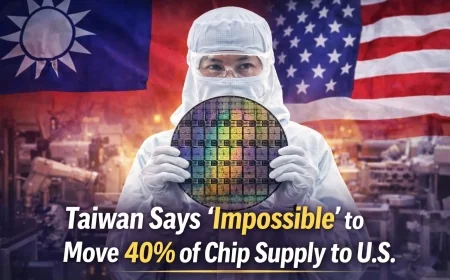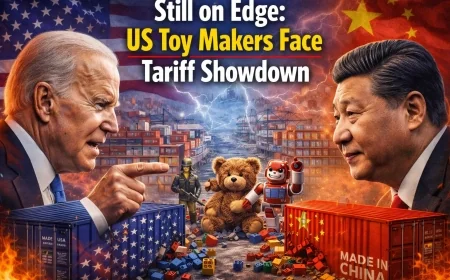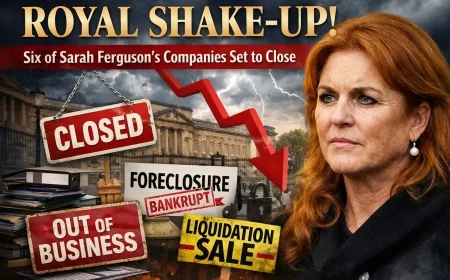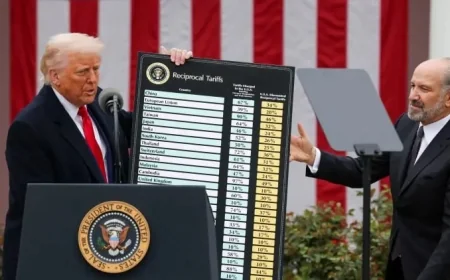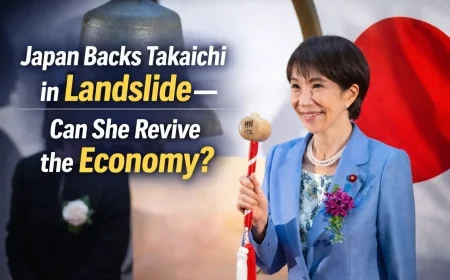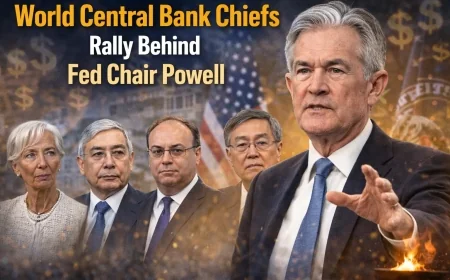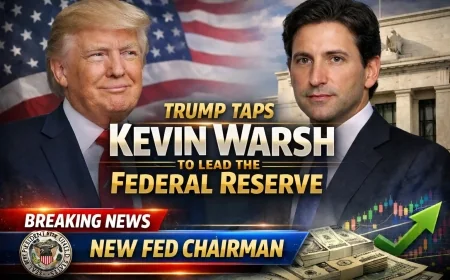‘We haven’t sold our soul to the devil’..
‘We haven’t sold our soul to the devil’: Opinion divided on Switzerland's trade deal with the US
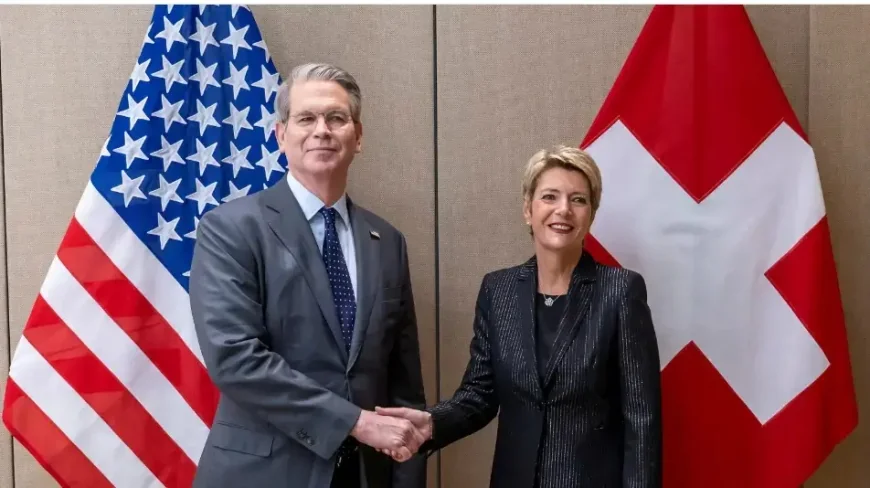
Opinion is divided over Switzerland's new trade agreement with the United States, as government and business leaders welcome the country's "restart," while critics warn it represents a betrayal of the White House.
The trade agreement, announced Friday, reduced tariffs on Swiss exports to the United States from 39% to 15% and saw Swiss companies pledge to invest $200 billion in the United States, including a promise to increase manufacturing.
Prior to this agreement, Switzerland launched an aggressive charm campaign, sending a group of top Swiss CEOs—including the heads of luxury goods giants Rolex and Richemont—to the United States in early November, bringing gifts for US President Donald Trump, including a gold Rolex watch and a specially engraved gold bar.
Switzerland's lobbying helped secure its new framework trade agreement with the United States, but the agreement faced criticism over the weekend.
For example, the Greens called the deal a "surrender agreement." Party leader Lisa Mazzone reportedly said that "the Swiss economic elite and the Federal Council are bowing to Donald Trump," and that Swiss consumers and farmers could pay the price.
The party also questioned the involvement of business executives, claiming the government secured the deal through "dubious means and donations of gold."
Swiss Economy Minister Guy Parmelin rejected criticism that the deal amounted to surrender to Trump and defended the use of business leaders to woo the White House.
In an interview with the Tagessanzeiger newspaper this weekend, Parmelin said, "We have not sold our soul to the devil." He further stated that he was "satisfied" with the agreement and suggested that it could still be improved and refined.
"I would be proud if we return to zero percent tariffs. It's been a long journey, and this result is the best we could have achieved. Above all, it gives us a starting point for the next negotiations," he told the newspaper in comments translated by Google.
Parmelin said the business executives who went to Washington only came to "clarify their position" and explain how the tariffs were affecting trade. However, he acknowledged that the visit had a positive impact on the negotiations.
"But it's true: they have influence because they have many good contacts in the US – and not just with the Trump family. Some people are friends with them because they play golf with them. I don't play golf, perhaps that's my weakness – but that's life," Parmelin said.
'Restart,' but still a setback?
Swiss business leaders are certainly relieved that a framework agreement has been reached, but it will take time to implement it. Questions remain over some details, such as whether Switzerland will have to accept US meat imports, such as controversial chlorinated chicken or hormone-treated beef, as part of the duty-free bilateral tariff quotas agreed upon in principle.
This framework agreement is also non-binding, and further negotiations remain to finalize the details of the agreement, which will ultimately require a vote by the Swiss Parliament and possibly a public vote.
On Friday, the US was enthusiastic about the agreement, with US Trade Representative Jamieson Greer telling CNBC that Switzerland's $200 billion investment in the US would boost the domestic economy.
"They will be sending a lot of manufacturing from here to the US—medicines, gold smelting machines, railway equipment—so we are very excited about this agreement and its importance for US manufacturing."
Swiss manufacturers are also relieved by the agreement, according to Stefan Brupbacher, CEO of Swissmem, an organization that represents the mechanical and electrical engineering industries. Brupbacher said that exports to the US have fallen by 15% since August, and machinery exporters have been particularly hard hit.
"For our members, this is a great relief, because first of all, the reduction from 39% to 15% brought us on par with our main competitors in Europe and Japan, and that's why we have suffered huge losses in the last three months with a 15% to 40% decline in exports to the US," he told CNBC's "Europe Early Edition."
"This 15% tariff rate brings us on par with our main competitors, and this is the basis on which we can start working again," he said.
Flash data released by Switzerland's Economy Ministry on Monday showed that the economy will contract by 0.5% in the third quarter of 2025. The ministry said the contraction was due to a "significant decline in value-added in the chemical and pharmaceutical sector, and the industry as a whole recorded negative growth."
UBS economist Alessandro B. said in his analysis on Monday that despite the framework agreement between the US and Switzerland, UBS's base scenario was that the Swiss economy would have GDP growth of around 1% in 2026, which, he said, "is the lowest in the last 15 years."
What's Your Reaction?
 Like
0
Like
0
 Dislike
0
Dislike
0
 Love
0
Love
0
 Funny
0
Funny
0
 Angry
0
Angry
0
 Sad
0
Sad
0
 Wow
0
Wow
0






















